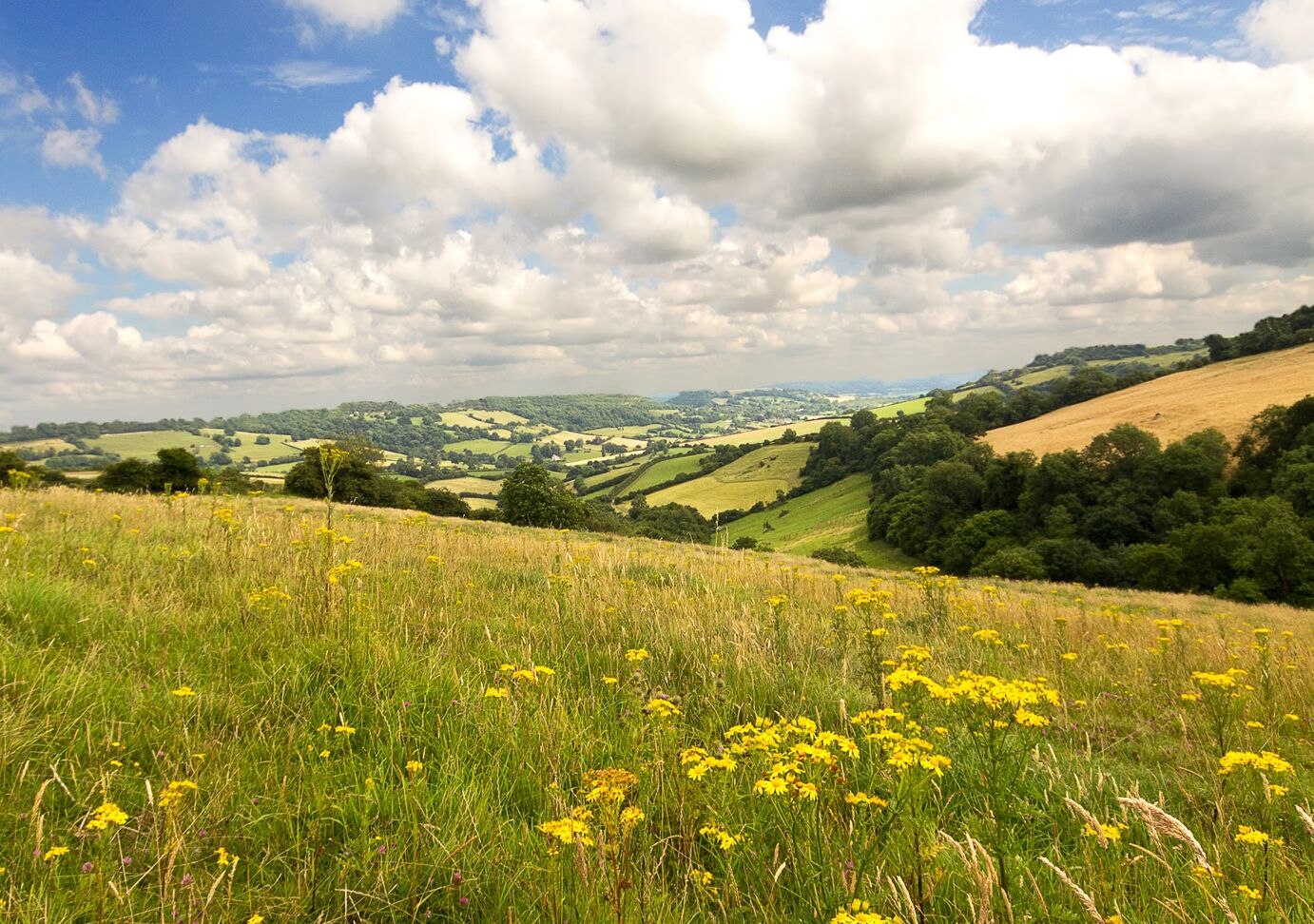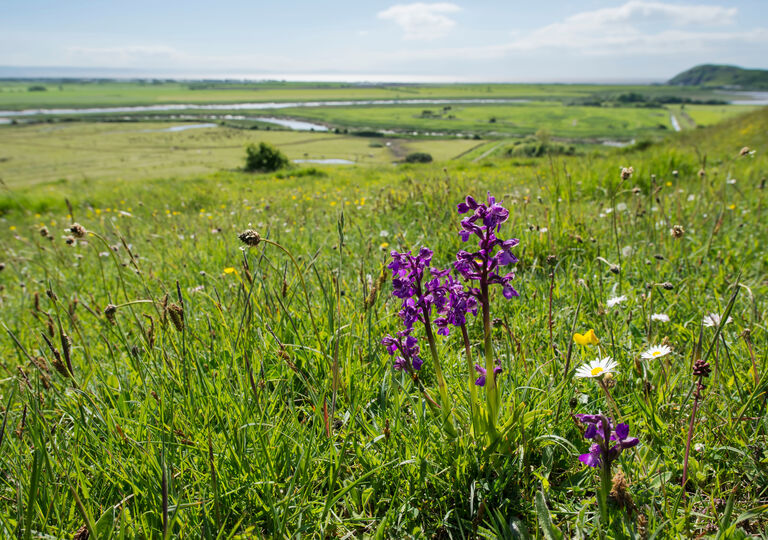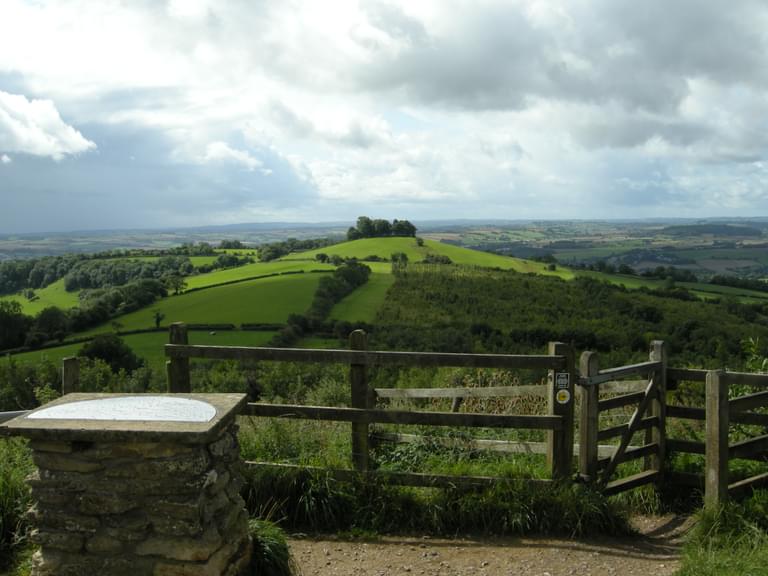
The Local Nature Recovery Strategy
A Local Nature Recovery Strategy (LNRS) for the Mayoral Combined Authority is currently being developed to coordinate efforts to restore nature across the region, as required by legislation. We are referring to the LNRS as the 'Local Nature Recovery Toolkit' to reflect how it can guide action for nature recovery.
The aim is to have this important Toolkit in place by Autumn 2024, and the team behind it are seeking to collaborate with a range of stakeholders. The consultation is now closed but you are still able to view the interactive map and the comments made. Survey responses are currently being analysed and a summary report will be published here in due course.
View the interactive map and comments made during consultation
Why is a Local Nature Recovery Strategy needed?
Nature is collapsing at an alarming and unprecedented rate. Globally we have lost 60% of wild vertebrates and up to 76% of insects since 1970. And in the West of England, numbers of once common birds like swifts and cuckoos have dropped by more than 96%.
The decline in nature matters to all of us because of the vital role that wildlife and nature play in supporting our wellbeing, society and economy. Nature provides the air we breathe, the food we eat, the water we drink, and many of the resources we need to survive and maintain our quality of life.
Reversing this decline will require a coordinated effort across society, as well as an improved understanding of the most important actions for nature recovery and how these can be delivered.
The Local Nature Recovery Strategy will identify desired outcomes for nature recovery in the region, including those considered to be ‘priorities’, and potential measures to deliver them. Ultimately, we see the LNRS as being the guiding strategy for nature in the region, enabling collective effort to be focussed where it will have most benefit.
Watch a recording of our webinar introducing the Local Nature Recovery Strategy
Watch nowWhat is a Local Nature Recovery Strategy?
Local Nature Recovery Strategies (LNRS) are ‘a new, England-wide system of spatial strategies that will establish priorities and map proposals for specific actions to drive nature’s recovery and provide wider environmental benefits’, as set out by Government in the Environment Act 2022.
As well as having a role in the planning system and directing public funding for nature recovery, LNRSs will inform the delivery of ‘nature-based solutions’ for outcomes such as flood management, carbon sequestration and improvements in water quality.
There will be a single LNRS covering the unitary authority areas of Bath and North East Somerset (B&NES), Bristol, South Gloucestershire, and North Somerset. In total, there will be around 50 LNRSs, covering the whole of England; joined together, the aim is that they will support delivery of a national Nature Recovery Network.
The LNRS will be hosted on an interactive online portal. This will enable users to easily view the priorities for nature recovery in their area, the actions they can take to best help nature, and any relevant guidance and funding.
For further information, read the Government's policy paper on Local Nature Recovery Strategies
Read nowWhat is currently being worked on?
The public consultation on the draft Local Nature Recovery Strategy, referred to as the 'Local Nature Recovery Toolkit', is now live. You can access the consultation on our dedicated webpage.
Through the consultation, you can provide your thoughts on the identified priorities for nature recovery in the MCA and the mapped 'focus areas' for nature recovery.
To produce the Consultation Draft, the Mayoral Combined Authority has collated and analysed existing knowledge on the state of nature in the West of England to identify areas of particular importance for biodiversity and opportunities to restore nature. This has included using existing strategies and plans such as the Forest of Avon Plan, West of England Nature Recovery Network, Bristol Avon Catchment Plan, and Local Authorities' Green Infrastructure Strategies, among many others.
As well as working closely with numerous stakeholders (including through the West of England Nature Partnership and Bristol Avon Catchment Partnership), the Mayoral Combined Authority is engaging with communities, businesses, and farmers and landholders to help shape the development of the LNRS. This has included:
- A survey aimed at communities and residents in the West of England, which closed in September.
- A 'call for evidence' for existing information and research on people's priorities for nature recovery in the region, which we are in the process of analysing.
- A survey asking farmers and landholders for their thoughts on priorities for nature and how the LNRS could be made most useful for them.
- Three in-person events where we have spoken to farmers and landholders, followed by an in-person workshop in January 2024.
- A business-focused workshop and several 1-to-1 conversations with businesses across the region.
Following the public consultation, an updated version of the LNRS will be produced that integrates the feedback received through the consultation. We are aiming to have a final version published by late Summer or early Autumn 2024
Any questions?
If you have any questions or ideas related to the West of England LNRS, please get in touch with the Project Manager, Stuart Gardner - stuart_gardner@bathnes.gov.uk


